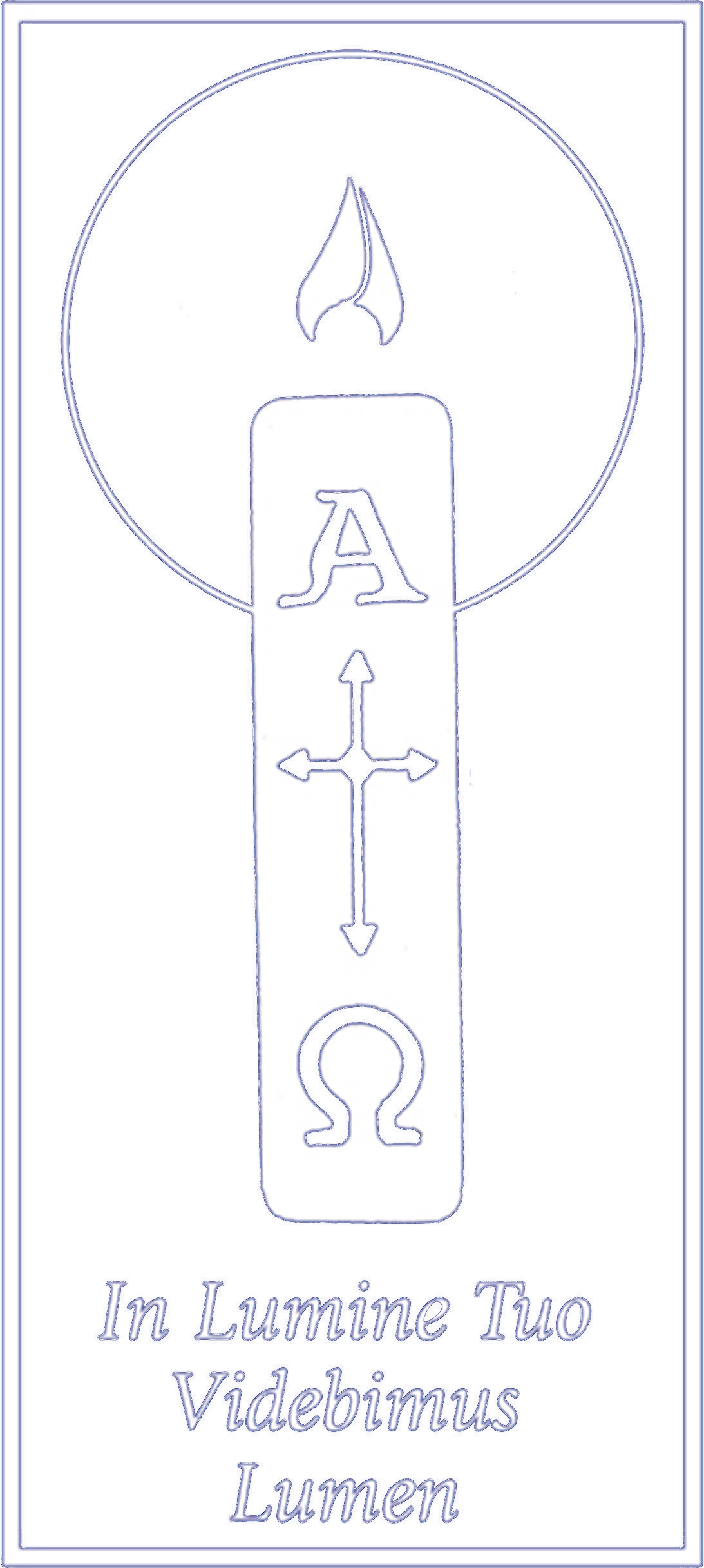What Does it Mean to Say the Son of God is 'Consubstantial' with the Father? New Insights about Augustine's Debt to Aristotle

REGISTER HERE
Cosponsored by the Department of Philosophy
It is commonly accepted that Aristotelian ideas did not inform Latin-language metaphysics until the translation of Aristotle in the 12th century. However, this opinion has arisen from a failure to understand how the metaphysics of Augustine fundamentally depends upon Victorinus’ assimilation of Aristotelian concepts and distinctions.
Victorinus, mentioned by Augustine in Confessions Book 7, was a Christian convert, an eminent rhetor, and one of the last philosophers in the western Roman Empire who was fully bilingual in Greek and Latin. In the 350's he wrote metaphysical treatises defending the Council of Nicea's doctrine that the Son of God is 'consubstantial' with the Father. These treatises comment upon and assimilate core concepts of Aristotle’s Metaphysics and On the Soul. Augustine appropriated these Aristotelian ideas from Victorinus.
Prof. Byers will also lead a master class on "Augustine on Human Freedom and Divine Grace" on Friday, February 17.





